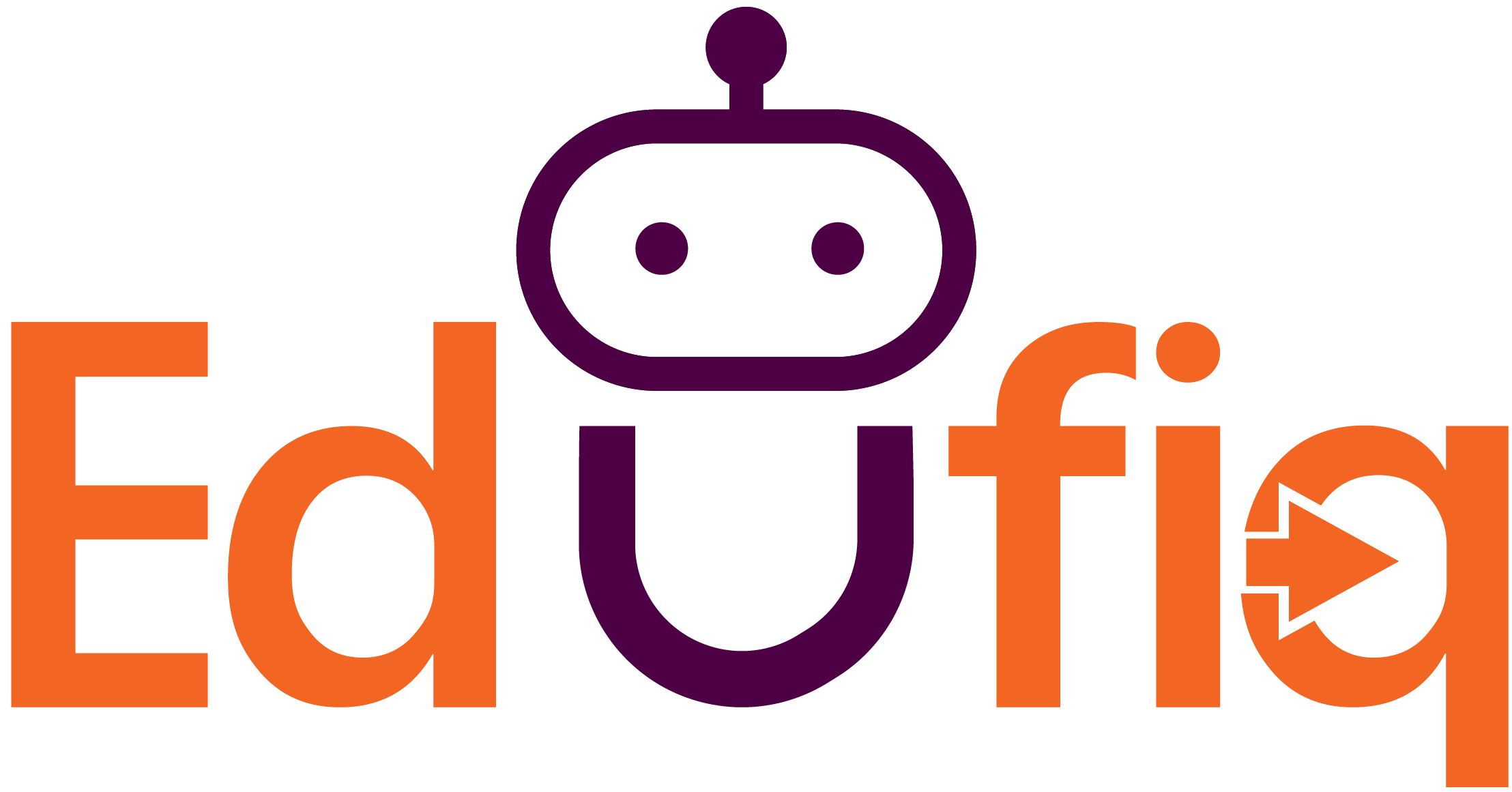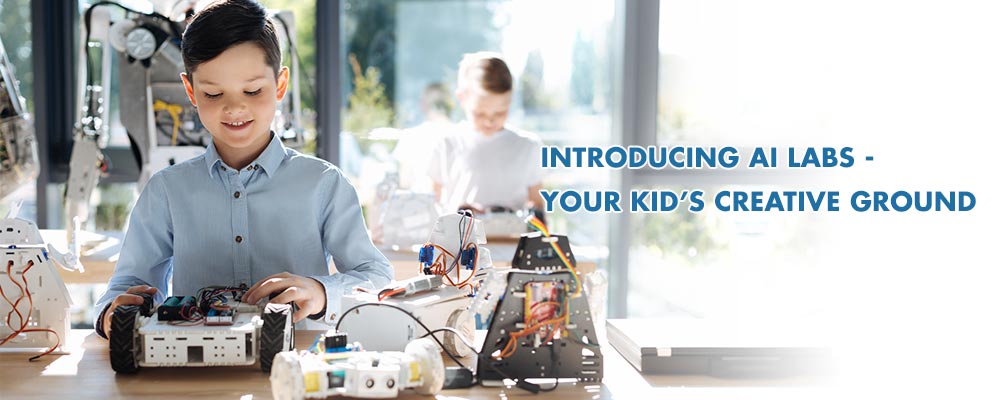Impact of AI Game Based & Experiential Learning on Cognitive Function
 |
To what extent are AI game based and experiential learning more effective than rote based learning methodologies in enhancing cognitive function of students?By Yashraj Garg. |
Abstract
As education continues to transform after the pandemic and virtual platforms have replaced textbooks, advocacy towards online learning may spark curiosity regarding its benefits. Consequently, online Artificial Intelligence (AI) assisted game-based and experiential learning courses and programs are being developed by companies like EDUFIQ. Hence, the objective of the paper is to conduct a Literature Review to analyse and evaluate such courses through the lens of cognitive merits. Previous research demonstrates that game-based and experiential learning approaches to education help improve cognition function and development in students, particularly due to more improved life skills, and retained knowledge due to greater motivation to engage with course material.
Such research has also resulted in criticism towards traditional educational methodologies, specifically how textbooks supporting ‘rote memorisation’ enable less cognitive processes and thus, reduce efficiency when learning content. Data also suggests that such programs help improve self-learning and make learning an independent process, rather than one dependent on the educator. Analogous to what has been assumed, such technology-based courses may prove to be more effective in educating students.
The findings of this paper indicate that the improvement in cognitive function can be attributed to greater meta-cognitive, reflective, and problem solving requirements in game-based and experiential learning. Furthermore, application of Self-Determination Theory helps improve educational standards and informs institutions about the significance of transitioning to an educational model that prioritizes student motivation.
Thus, demonstrating how the criteria ensuring success of such an education is unparalleled.



